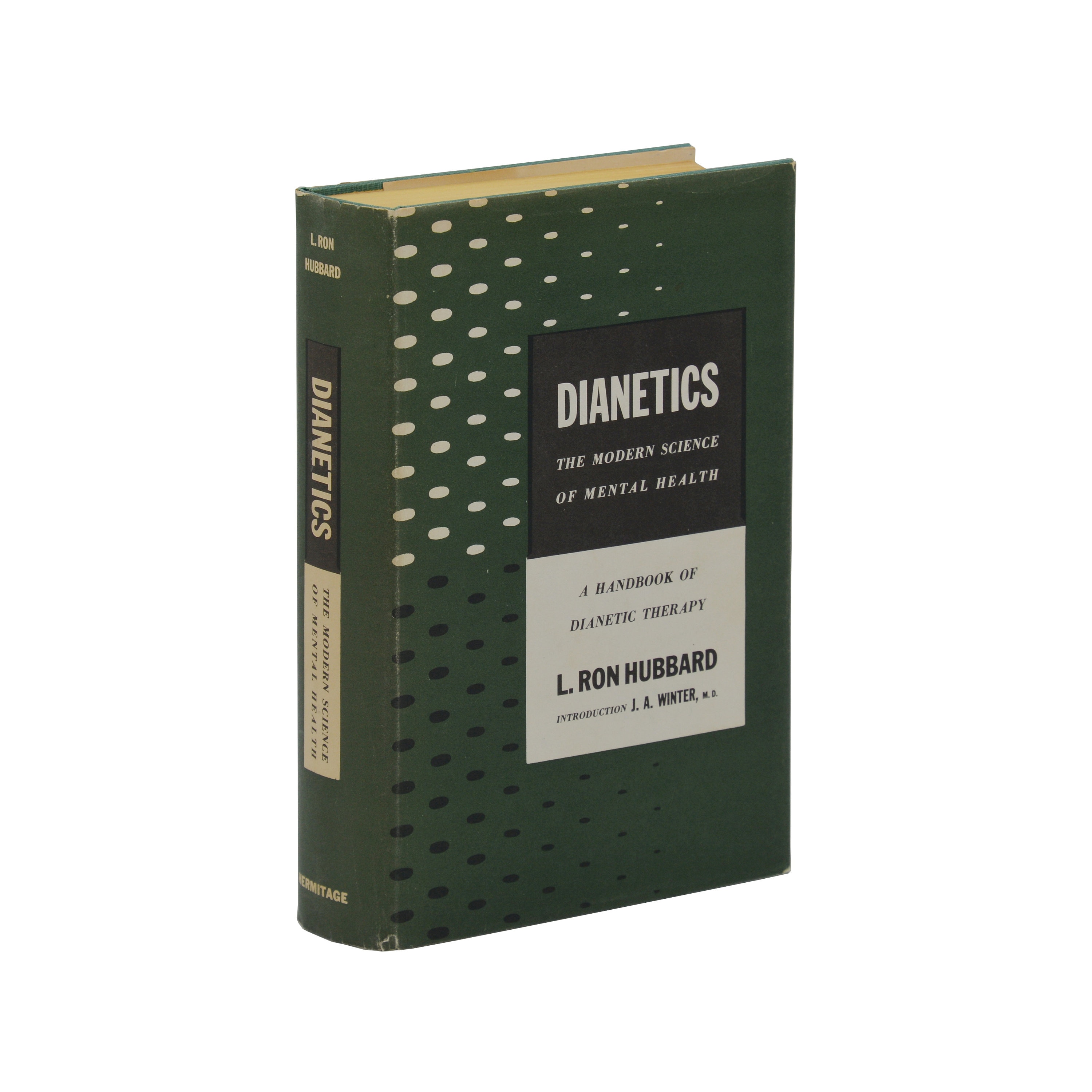Little Known Questions About Dianetics.
Little Known Questions About Dianetics.
Blog Article
Some Known Details About Dianetics
Table of ContentsThe Main Principles Of Dianetics How Dianetics can Save You Time, Stress, and Money.The Best Strategy To Use For DianeticsAbout Dianetics
I couldn't ever not want to obtain anything that enters your mind for you- if it was otherwise, I wouldn't be resting right here with you, doing this. I not only can never have a problem, or otherwise desire to hear something that enters your mind for you, however I'm completely anxious to understand every idea, every idea, every picture or feeling that arises or manifests for you- do not ever before think or else, and if for one reason or another you do, please simply let me know! Sometimes, you might have a thought, and photo, idea or case appear that does not seem to address the question, or connect to it, however however, always do inform me regarding it, and as we continue, the importance will arise for you.This is integral in the basis of processing, and the topic of this discussion: the basic functions of the counselor and the client: The basic function of the counselor is, in contrast to "basic training", not to manage, which means to enforce and/or hinder, but to rather function from the basis of EMPOWERING THE CLIENT.

Some Ideas on Dianetics You Should Know
John Mcmasters shared this basic truth incredibly well in among his lectures on Power processing, in which he explains how he was asked what this "unique knack" was that he had for providing such wonderful sessions; he had to believe concerning that for a minute, and found that it was what he wasn't doing, as well as what he was doing: he wasn't examining, evaluating, computing, or in fact, creating any type of thoughts, let alone spoken expressions, after offering the command and while waiting for the computer to finish their answer to their contentment; he was, merely and just, existing with the PC, and totally interested.
The duty of the therapist, showed; that was his "special propensity". I have actually had my very own experience which taught me this well, very at an early stage in the game. In 1982, having recently finished my training and teaching fellowship on New Period Dianetics, I was running this on a PC, and there was a point in the session where (being a bit damp behind the ears not yet having several hours under my belt as a specialist auditor) the computer appeared to be "taking too lengthy" to share anything vocally after I offered him a command.
This secret turned out to be one of the most useful contribution that John ever before made to the topic of therapy or auditing (Dianetics). In my modest point of view, it is the biggest payment that any individual has ever made to these subjectsthe application is totally non-judgemental, non-evaluative, and without any kind of tip, advice or opinion.no preconceived schedule for people, or 'degrees' that they must do
In Idenics, the only resource of information about a client is the private customer. In a knockout post Scientology we prided ourselves on not examining for individuals. All that really meant was that the auditor did not Vocally assess for the PC in session. The registrars and ethics policemans assessed for the computer.
The smart Trick of Dianetics That Nobody is Talking About

Anyone that had actually ever seen John audit can not assist but observe an unique high quality in his bookkeeping."The client's standard duty is to be there with the function of relocating the direction of their spiritual objectives, and to freely and completely share and experience whatever manifests for them in addressing the concerns and implementing the instructions in the processing.
This is something to procedure as required. However additionally, people often have previous experience and/or indoctrination in auditing/processing which, in some means, and to some degrees, really deceives them into perspectives, ideas and actions patterns that prevent the full awareness visit homepage of these functions, therefore they will certainly have a tendency to inhibit the expressing of what comes to mind, as in the instances offered over. * The first, and possibly primary instances of mis-indoctrination bring about much less than entirely smooth and effective sessions, can be found in certain aspects of the training routines, or "TR's":"TR's" are typically a person's initial, or at least early, experience in Scientology, and while I will go on to explain what I view as the defects in idea and method, nonetheless, tend to be significantly restorative, done as they are offered (Hubbard firmly insists that "TR's are not processing, they are training", but factually, they are both processing AND training)
There is no "flunking", and no rejection of the check my site truth of this being processing. The emphasis, as it must be, is on experiencing the other individual's presence.
What Does Dianetics Do?

Report this page